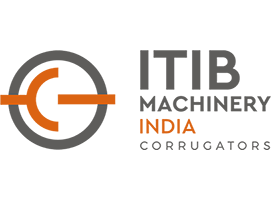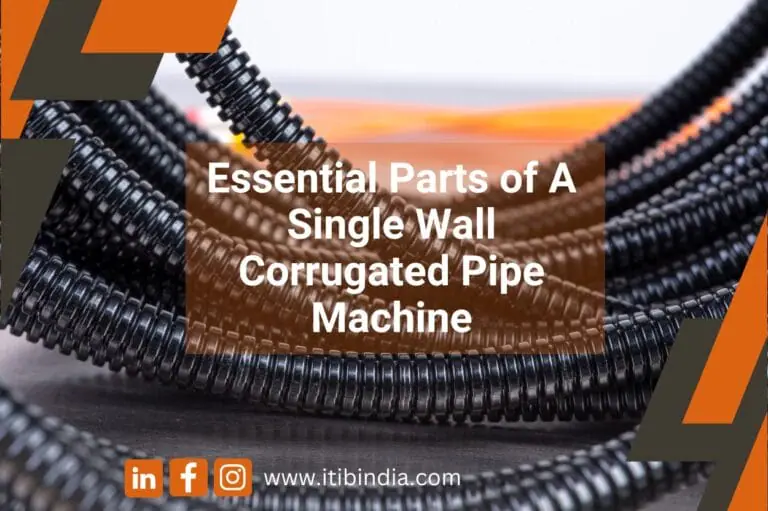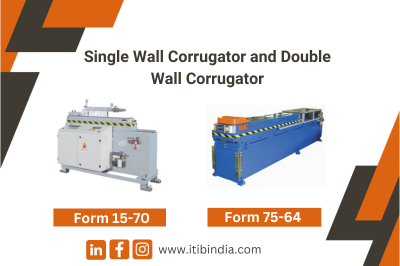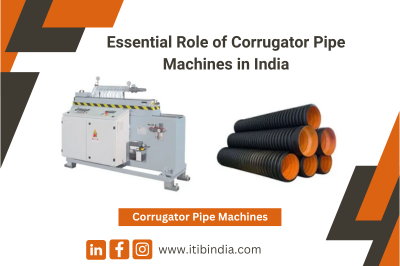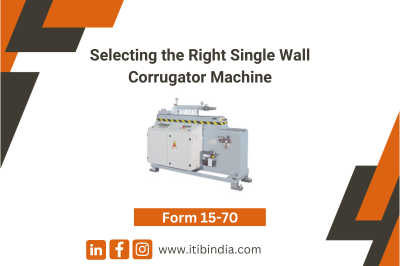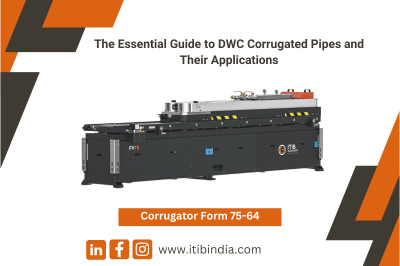Benefits of Using Plastic Corrugated Pipes in Construction
Plastic corrugated pipes are increasingly favored in various construction projects due to their numerous advantages over traditional materials like concrete and metal. Here’s a detailed look at why these pipes are often the preferred choice, focusing on their durability, flexibility, and cost-effectiveness.
Benefits of Using Plastic Corrugated Pipes in Construction
Durability
Long-Lasting Material: Plastic corrugated pipes are made from high-density polyethylene (HDPE) or polyvinyl chloride (PVC), materials known for their resistance to corrosion, abrasion, and chemical reactions. Unlike metal pipes, which can corrode, or concrete pipes, which can crack under environmental pressures, plastic corrugated pipes maintain their integrity over time.
Weather and Chemical Resistance: These pipes are not affected by harsh weather conditions such as extreme temperatures and heavy rainfall, which ensures their longevity even in challenging environments. Additionally, their resistance to a wide range of chemicals makes them suitable for industrial applications where exposure to corrosive substances is common.
Flexibility
Adaptability to Terrain: One of the standout features of plastic corrugated pipes is their flexibility, which allows them to adjust to uneven or shifting ground. This adaptability prevents structural damage under stress, such as earth movements or heavy traffic loads, thus reducing maintenance costs.
Ease of Installation: The flexibility of these pipes also facilitates easier and faster installation. Lightweight and bendable, they can be maneuvered and laid in place without the need for heavy machinery, which is often required for rigid piping materials. This not only speeds up the construction process but also reduces installation costs.
Cost-Effectiveness
Lower Initial Costs: Plastic corrugated pipes are generally less expensive than their concrete and metal counterparts, partly due to the lower material costs and partly because of the reduced labor expenses during installation.
Minimal Maintenance Requirements: The durability and resistance properties of plastic corrugated pipes result in fewer maintenance needs. The long service life and minimal upkeep help in significantly reducing the total lifecycle costs associated with these pipes.
Environmental Impact
Recyclability: Many plastic corrugated pipes are made from recyclable materials, which supports construction projects aiming for sustainability. Their production often involves less energy consumption compared to metal or concrete pipes.
Reduced Carbon Footprint: The lightweight nature of plastic pipes not only reduces transportation costs but also lowers the carbon emissions associated with their transport from manufacturing sites to construction locations.
Hydraulic Efficiency
Smooth Interior Walls: Plastic corrugated pipes typically have a smooth inner surface which reduces friction and allows for a higher rate of fluid flow compared to rougher surfaces like concrete. This feature enhances their hydraulic efficiency, making them suitable for drainage systems and other applications requiring the swift movement of water.
Plastic corrugated pipes offer a versatile, durable, and cost-effective solution for a wide range of construction needs. Their ability to resist environmental pressures, adapt to varied terrains, and promote sustainability makes them an attractive option for modern construction projects. Whether for municipal drainage systems, industrial applications, or infrastructure projects, these pipes provide a reliable and efficient choice that benefits both builders and the environment.
ITIB India offers top-notch corrugators for both single wall and double wall applications. If you are looking to produce corrugated pipes, feel free to reach out to us for more information and assistance.
